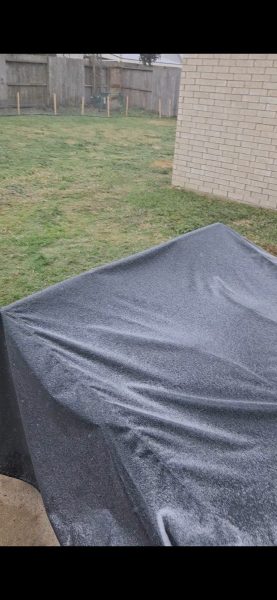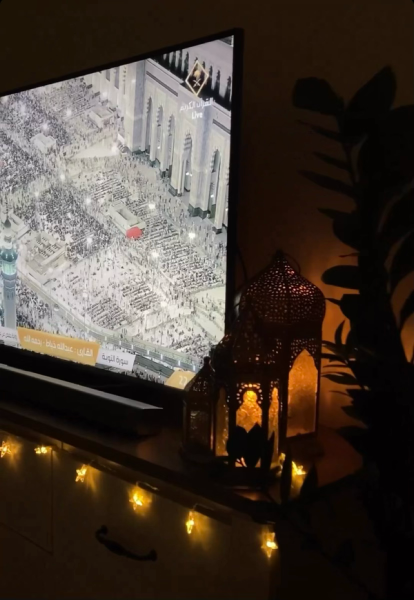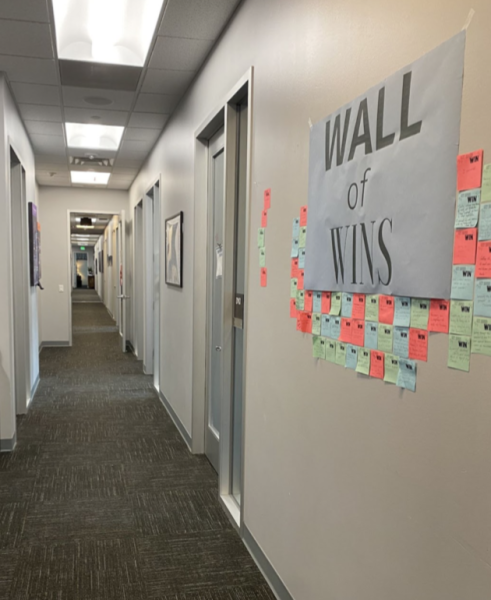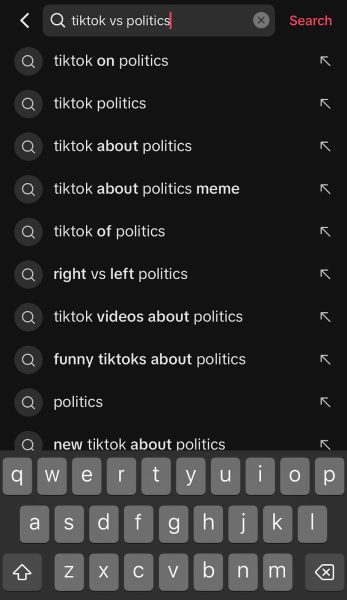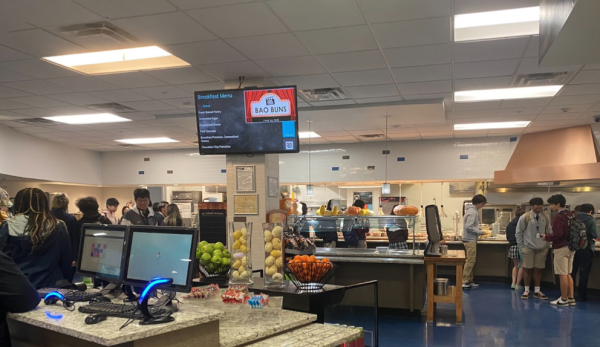What it actually means to be homeschooled
When I first tell people that I was homeschooled for two years, there is always a small moment of silence, followed by a “Wow, you don’t seem like you have been homeschooled.”
I have heard this comment a number of times, and out of my own embarrassment, I try to find ways to prove to them that I did not fit the awkward and weird stereotype that surrounds not going to public/private school.
Once the word homeschooled leaves my lips, the bolded labels “sheltered,” “socially awkward,” and “weird,” are plastered on my forehead, and people are shocked that someone like me, who loves to act, has friends, and can hold a normal conversation, could possible have been taught from home.
My brother’s reasoning was logical, as he was suffering from medical issues and it was just safer for him to remain at home for the time being. But, when I was homeschooled, I was a completely healthy and “normal,” kid. For the longest time, I felt obligated to explain why I was being educated at home.
The issue lies in the incorrect perception of what it means to be homeschooled. The National Center for Education Statistics states that students are considered to be homeschooled if a child’s enrollment in public/private school did not exceed 25 hours a week. “My siblings (who were also homeschooled) did it differently, but I was in a co-op,” said Hannah Novak, who was homeschooled from kindergarten through high school. “One day a week, I would go and have all of my classes in one day, and then have the reset of the week to complete the homework given” Co-ops are structured groupings of homeschooled kids who meet on a regular basis to support group academic education and provide extracurricular activities. This allows children to meet new people and develop new friends while also providing them time to do other things they are interested in during the time that most kids have to attend public/private school.
So this brings up the question: Besides being home more, what differentiates being taught at home and attending public/private school? The average school day at The Village School is 7 hours and 30 minutes, but not all of that is designated to learning. From passing periods, time taking attendance, lunch periods, and even advisory, there are a number of things that occur within a school day that take up more time than if a student were to learn at home. It is reasonable to deduct time spent by a teacher reprimanding a student for not paying attention, time spent by substitutes monitoring the class rather than teaching, or time spent by a teacher pausing a lesson to help the few students who do not understand the material, leaving the rest of the class to sit and wait for the lesson to resume. Despite the fact that the school day allots a significant amount of time for pupils to learn, a major percentage of it is wasted. When students are taught at home, they are not subjected to these obstacles and can learn more effectively, freeing up time for other activities.
Students in traditional schooling must learn the same subjects in the same manner, despite having varied learning speeds and passions. In addition, from personal experience, I have had a lot of friends that were passionate about writing music/songs, playing tennis, and robotics, and the homeschooling curriculum is tailored to their passions, while still learning the required amount that was expected.
People that are homeschooled still have similarities in lifestyle, and experiences at school. “There are a lot of moms who put on homecomings and proms,” said Novak, “so a lot of it is just as normal as public school.” In society, it is common to believe that homeschooling is completely different from public or private school.
According to the Texas HomeSchool Coalition, as of 2021, around 750,000 students are currently being homeschooled. I believe that as online schooling has grown in popularity as a result of COVID-19, the concept of homeschooling has become more appealing when contrasted to traditional schooling. There doesn’t have to be anything “wrong” with someone in order for them to be homeschooled, and I can only hope that this helps people to stop viewing homeschooled students as strange and antisocial, and instead see them as kids simply from a different school.

Zoe Nguyen is a senior, and the Editor-in-Chief of The Viking Press with an ardent passion for finance, calligraphy, and creative writing. Being...


